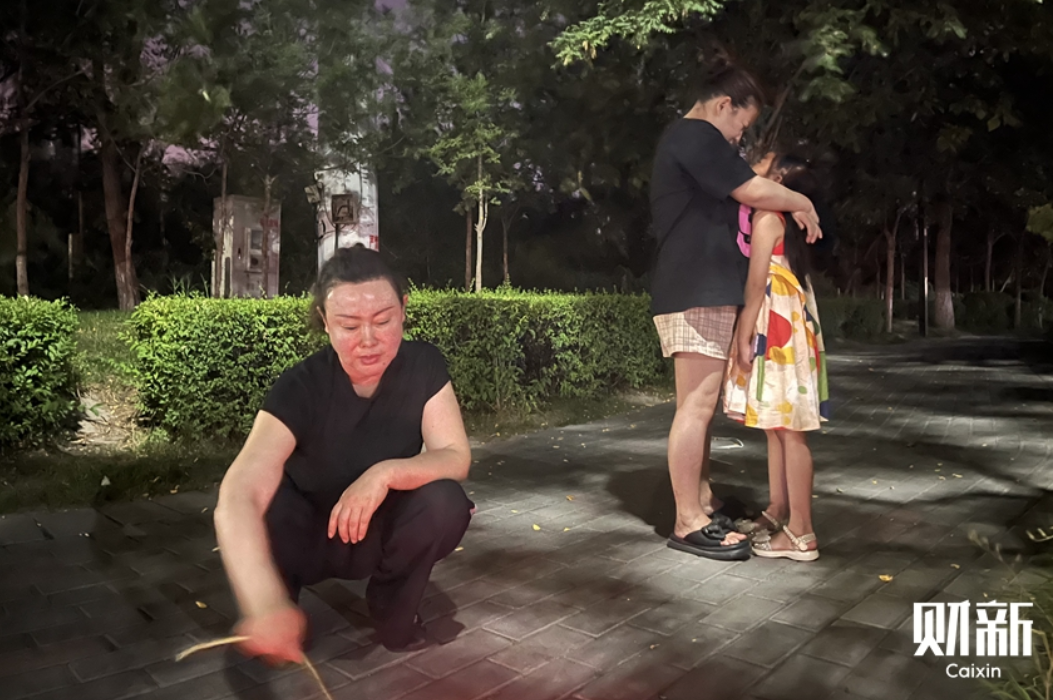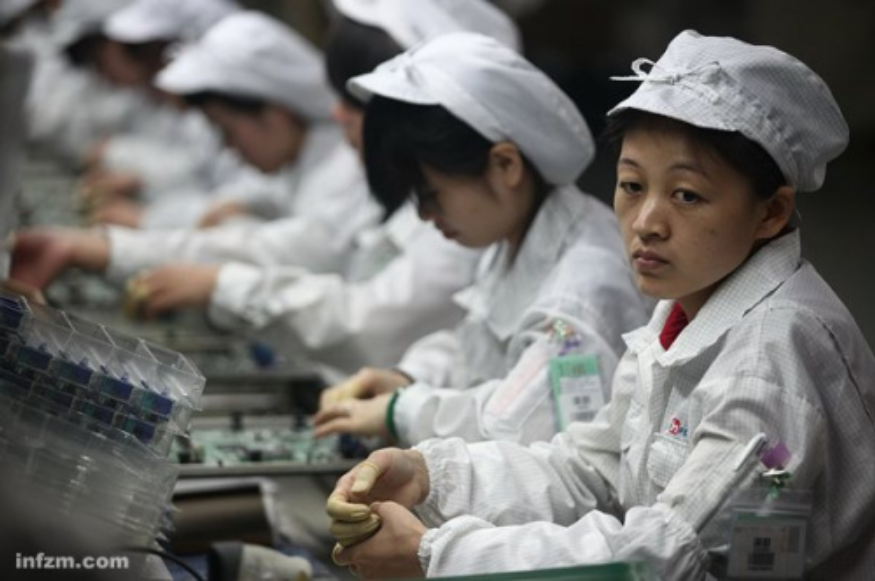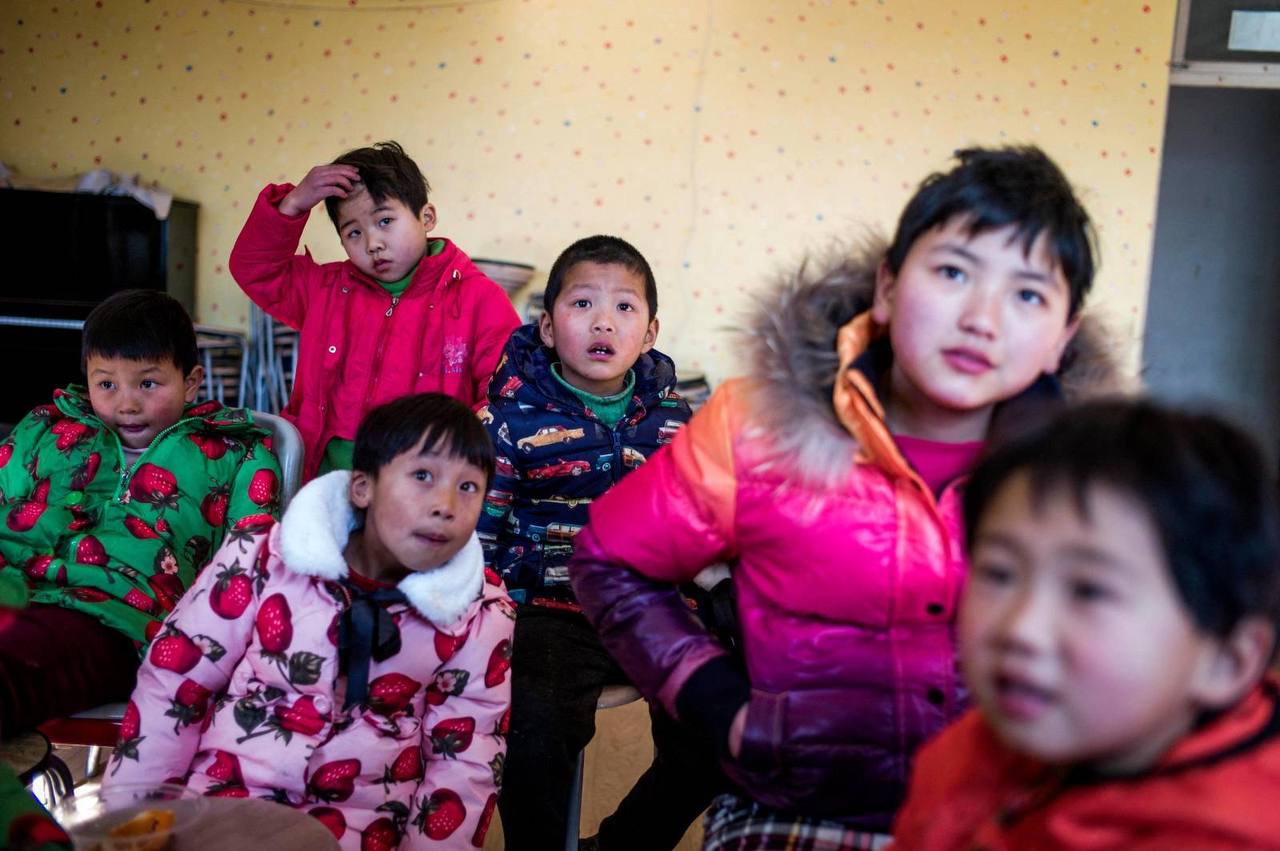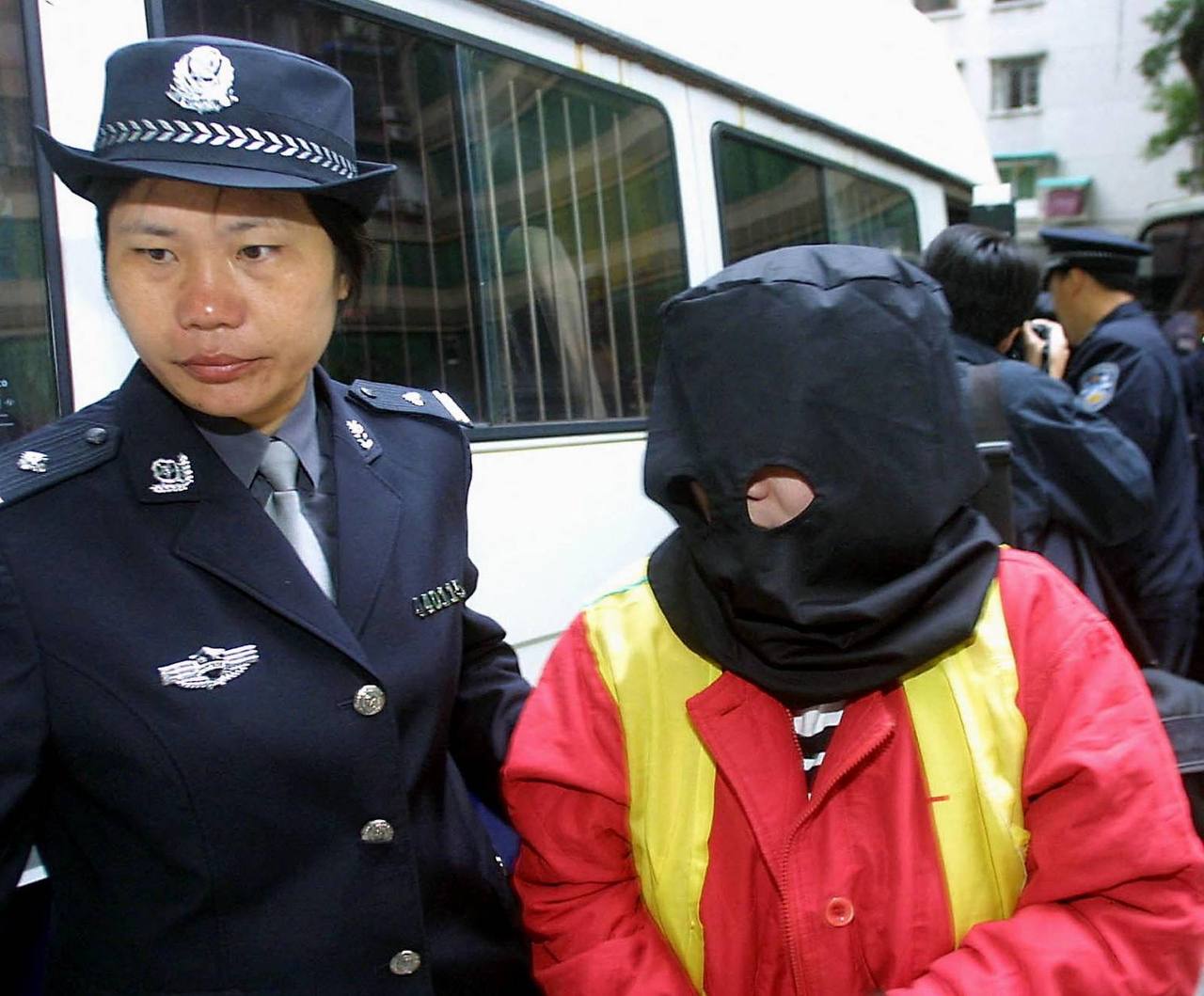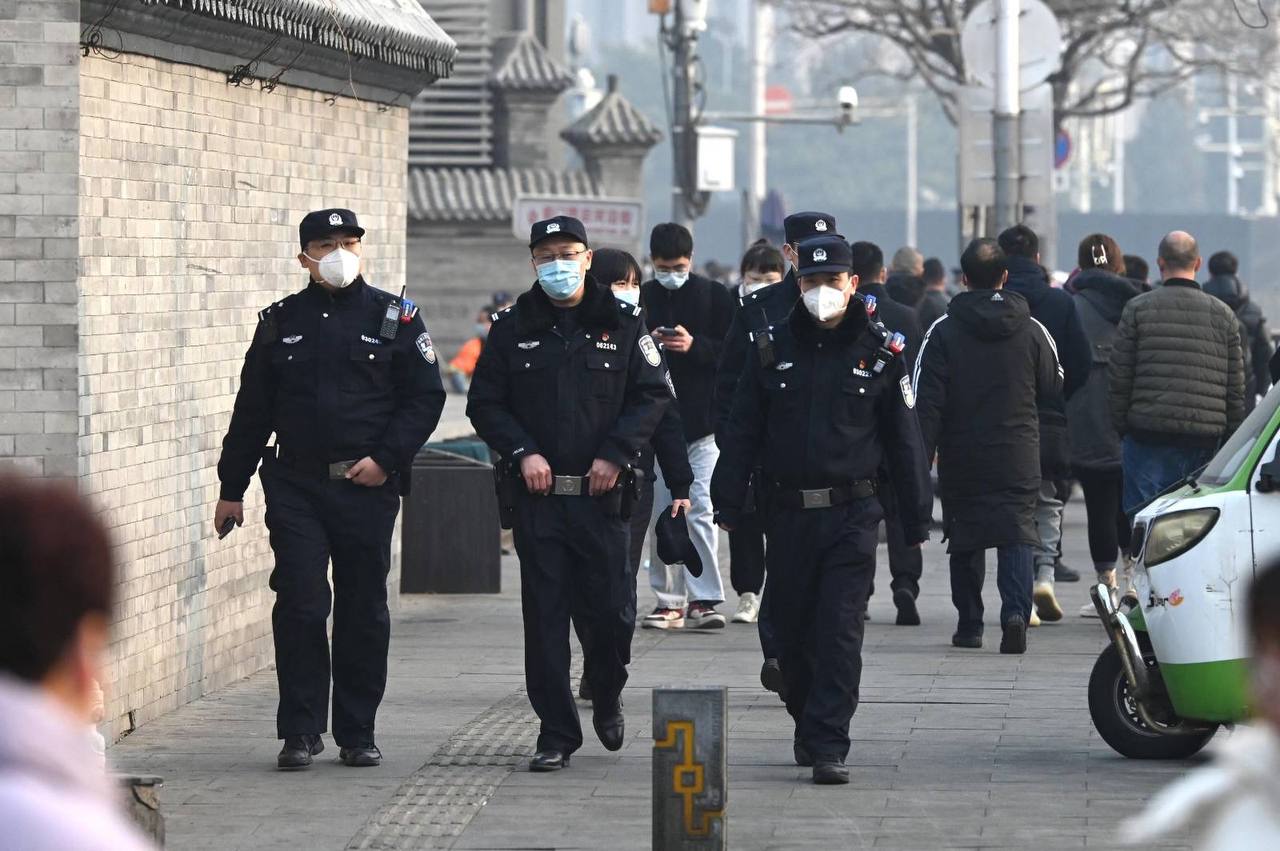Circle 19 for the Right to Information in China
We, the members of the Chinese-International Civil Society Forum for Journalism, a working group which aims to establish a constructive, intercultural dialogue on journalism, affirming our common desire and commitment to support freedom of information in China,
recognizing that freedom of information is enshrined in the following documents:
- The Constitution of the Communist Party of China, revised and adopted in 2017, and its previous versions;
- The Constitution of the People’s Republic of China (PRC), revised and adopted in 2018, and its previous versions;
- The National Human Rights Action Plan of China, adopted by the People’s Republic of China (PRC) in 2021, and its previous versions;
- The Universal Declaration of Human Rights (UDHR) proclaimed in 1948 by the United Nations (UN), of which China is a charter member;
- The Constitution of the United Nations Educational, Scientific and Cultural Organization (UNESCO);
- The International Convention on the Elimination of All Forms of Racial Discrimination, signed and ratified produced, signed or ratified by the People’s Republic of China (PRC) in 1981;
- The International Covenant on Civil and Political Rights, signed by the People’s Republic of China in 1998;
hereby adopt the following declaration:
1. The Chinese people embrace freedom of information as an universal right
Throughout its ancient and modern history, China has contributed to the development of the concept of freedom of the press and to the free dissemination of information and knowledge in the world. Numerous Chinese philosophers, journalists and thinkers, including the founders of the Chinese Communist Party, have advocated for this freedom. For this reason, China cannot but play a role in the promotion of freedom of information as a universal right, and the Chinese people will necessarily benefit from it. There is no such thing as a Chinese cultural exception or special “characteristics” that would legitimize a reduced flow and access of individuals to information for an alleged “greater good” of the community.
2. China is legally bound to implement and support full press freedom
The Chinese Communist Party founders, leaders and members as well as the government of the People’s Republic of China and its representatives have all made explicits commitments to freedom of the press and information, both domestically and internationally. The government of the People’s Republic of China has the legal obligation to implement full press freedom domestically and to ensure that this principle is also implemented and respected internationally.
3. It is clearly in China’s interests to support freedom of information
China can only achieve “the China Dream of the great rejuvenation of the Chinese nation” by fully acknowledging its complete history and legacy, which necessarily requests the possibility for the Chinese people to access open and reliable information. An unfettered civic discourse in China can also help the world gain a better understanding of China and the Chinese people, therefore strengthening its integration in the international community and contributing to its economical and cultural influence.
4. The world needs China’s commitment to support freedom of information
As one of the world’s largest economic powers, China holds a significant position in international institutions. By supporting a free environment providing reliable information, China will strengthen the ability of the international community to address challenges of the present time, to anticipate its common destiny and to shape global sustainable development which takes into account the rights and interests of future generations.
5. We commit to support free information and independent journalism in China
We, the members of the Chinese-International Civil Society Forum for Journalism, commit to the long-term development of free information and independent journalism in China and to make every effort to achieve this goal. In this perspective, the Forum will keep holding meetings to enhance discussion with the Chinese and international civil society as well as with government representatives if a possibility for a dialogue emerges. We also commit to explore solutions to enhance better cooperation and solidarity among Chinese journalists and news outlets.
6. We call on the Chinese authorities to:
- Immediately release professional and non-professional journalists who have been imprisoned in connection with the provision of news and information.
- Ratify the International Covenant on Civil and Political Rights.
- Restore the independence of state and privately-owned media in application of Article 35 of the Constitution of the People’s Republic of China, which guarantees “freedom of speech [and] of the press”.
ADDENDUM
- The Chinese people embrace freedom of information as an universal right
- Chinese Communist Party founders, leaders and members have consistently advocated for freedom of information
- The co-founder of the Communist Party of China, Chen Duxiu, wrote: “democracy requires that all citizens possess (…) freedom of speech, publication.” [November 1940, In My Fundamental Opinions.]
- First Vice Chairman of the Communist Party of China and First Premier of the People’s Republic of China Zhou Enlai said: “To achieve constitutionalism, we must first achieve a number of prerequisites : (…) most urgently freedom, freedom of residence, freedom of assembly and association, freedom of speech and the press.” [1944, during his “Address Concerning Constitutionalism and the Question of Unity”.]
- Chairman of the Communist Party of China and Chairman of the People’s Republic of China Mao Zedong called to: “Revoke all reactionary laws and decrees aimed at suppressing the people’s freedom of speech, press, assembly, association, political conviction and religious belief and freedom of the person, and guarantee full civil rights to the people.” He also wrote that “freedom of speech, press, assembly, association, political conviction and religious belief and freedom of the person are the people’s most important freedoms”. [1945, in his report “On Coalition Government”.]
- Mao Zedong also said: “Democracy is practiced within the ranks of the people, who enjoy the rights of freedom of speech, assembly, association and so on.” [1949, in his speech “On the People’s Democratic Dictatorship”.]
- Member of the Politburo Standing Committee of the Communist Party of China and Premier of the People’s Republic of China Wen Jiabao said: “Government should be subject to oversight by the people, and (…) accept oversight by the news media and other parties.” [2008, during a meeting with World Leaders at the United Nations.]
- General Secretary of the Chinese Communist Party and President of the People’s Republic of China Xi Jinping said: “We must persist in adhering to the truth and correcting mistakes for the benefit of the people. You must have the courage and righteousness to be upright, selfless and fearless, based on facts, and dare to tell the truth.” [2013, during his speech at the Forum Commemorating the 120th Birthday of Mao Zedong.]
- Chinese philosophers and thinkers have advocated for freedom of information from ancient to modern times
- The right to express disagreement with those in power has been put into practice since the Qin dynasty (221-206 BCE), with the designated official position of the “Admonisher” who was being tasked with admonishing the emperor’s merits and demerits. So did Duke of Shao, who admonished King Li of Zhou (859-842 B.C.) and told him: “To silence the people is more harmful than blocking a river. When an obstructed river bursts its banks, it will surely hurt a great number of people. Those who know how to manage the waters dredge the rivers so as to guide their flow; those who know how to manage the people encourage them so that they will speak.”
- When the philosopher Confucius was asked how to serve a ruler by one disciple, he replied: “Tell him the truth, even if it offends him.” [Analects – 14:22] He also said: “Knowing what you know and knowing what you don’t know: this is knowledge. [Analects – 2:17] Confucius also said that “if names are not correct, the saying is not in accordance with the truth of things. If the saying is not in accordance with the truth of things, affairs (of the State) cannot be carried on with success.” [Analects – 13:3]
- Famous intellectual Liang Qichao wrote in 1991, in his newspaper Qing Yi Bao: “Freedom of thought, freedom of speech, freedom of press… is indeed the mother of all civilizations, and all the phenomena in the modern world are also their descendants.” In 1902, in another publication he established, New Citizen Journal, he wrote: “I think that newspapers have two responsibilities, to supervise the government, and to guide the citizens.”
- China is legally bound to implement and support full press freedom
- The Constitution of the Communist Party of China, revised and adopted in 2017, and its previous versions, states that the Party “shall encourage the free expression of views” (General Program).
- The Constitution of the People’s Republic of China (PRC), revised and adopted in 2018, and its previous versions, explicitly enshrines “freedom of speech, of the press and of publication” (article 35); and “the right to criticize (…) any State organ or functionary, (…) to make exposures of any State organ or functionary for violation of law or dereliction of duty.” (article 41)
- The Basic Law of the Hong Kong Special Administrative Region of the People’s Republic of China, and the Basic Law of the Macau Special Administrative Region of the People’s Republic of China, both enshrine “freedom of speech, of the press and of publication” (articles 27).
- The National Human Rights Action Plan of China, issued on 9th September, 2021 by the State Council Information Office of the People’s Republic of China, as well as its previous versions, explicitly requests the state to “protect citizens’ rights to be heard”, to provide them with “diverse and convenient channels to express their views” and to “encourage media and citizens to exercise supervision through news reports” (II, 7).
- The white paper “Seeking Happiness for People: 70 Years of Progress on Human Rights in China” released in 2019 by the State Council Information Office states (IV) that: “China protects people’s rights to know, to participate, to express.”
- The United Nations (UN), of which China is a charter member, proclaimed in 1948 the Universal Declaration of Human Rights (UDHR) which in its Article 19 proclaims the right “to seek, receive and impart information and ideas through any media and regardless of frontiers”.
- The United Nations Educational, Scientific and Cultural Organization (UNESCO), of which the People’s Republic of China is a founding member, includes in its Constitution mandate the mission to “promote the free flow of ideas by word and image” (article I, 2.a) and in its Constitution preamble “the unrestricted pursuit of objective truth, and in the free exchange of ideas and knowledge”.
- The International Covenant on Civil and Political Rights, signed by the People’s Republic of China in 1998, states in its Article 19.2 that “Everyone shall have the right to freedom of expression; this right shall include freedom to seek, receive and impart information and ideas of all kinds, regardless of frontiers, either orally, in writing or in print, in the form of art, or through any other media of his choice”.
- The International Convention on the Elimination of All Forms of Racial Discrimination, signed and ratified by the People’s Republic of China in 1981, guarantees “The right to freedom of opinion and expression” in its Article 5.
Journalistic Investigations That Changed China
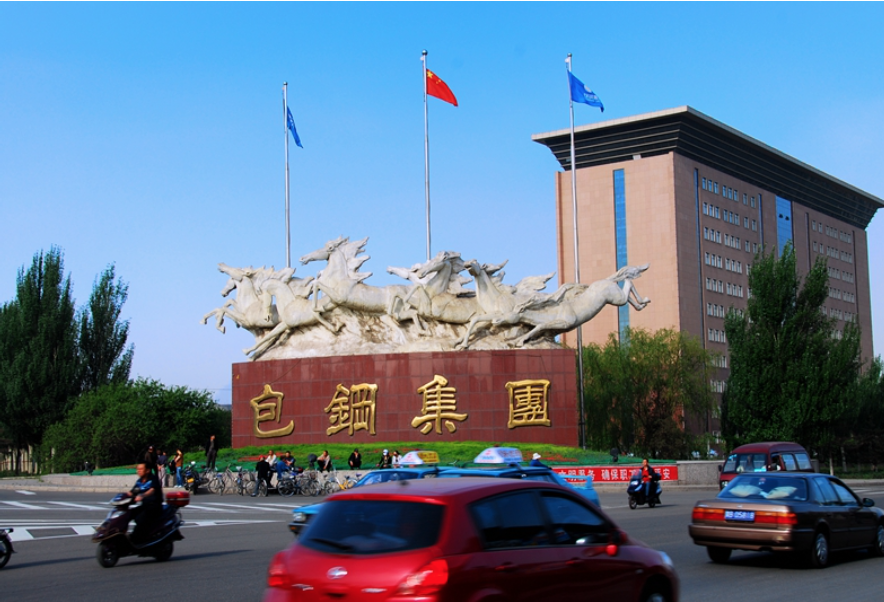
2019年:循线勾勒出中国最大的收贿丑闻
2019年10月,内蒙古自治区人大常委会副主任邢云因涉嫌收贿被判死刑,缓期执行。邢云在内蒙古长达二十年的官场生…
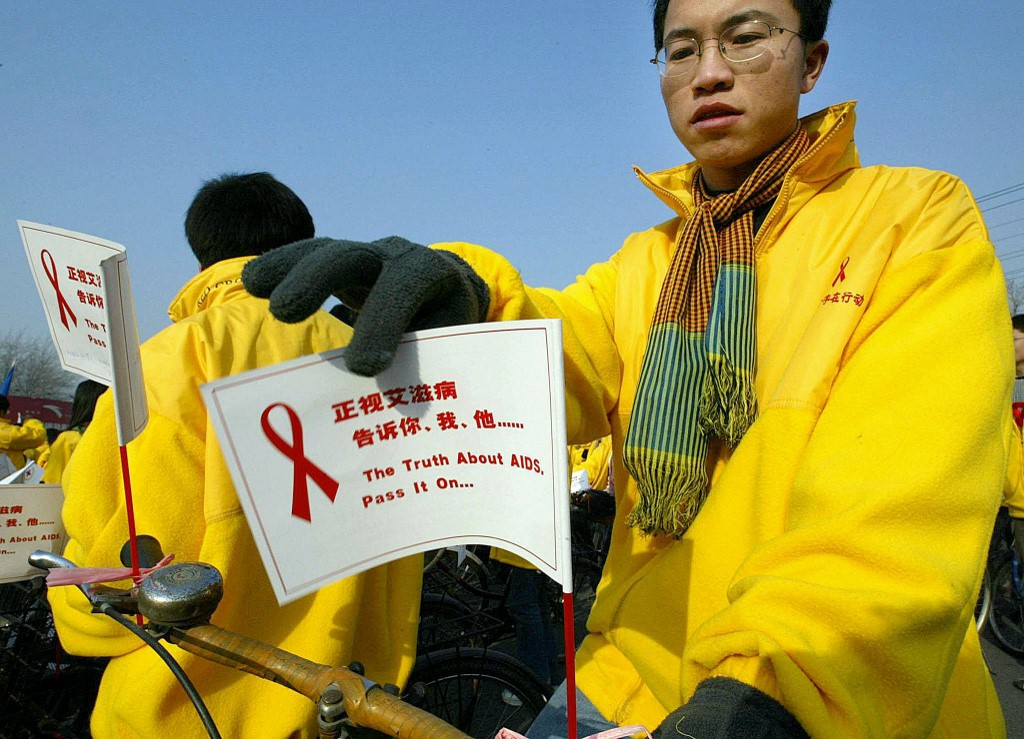
2005年:新闻报导使中国医院加强医疗实践的安全性
2005年河北省邢台市爆发疫情,200多人感染爱滋病,其中包括儿童。调查记者王克勤收集政府官方文件、历年媒体报…

